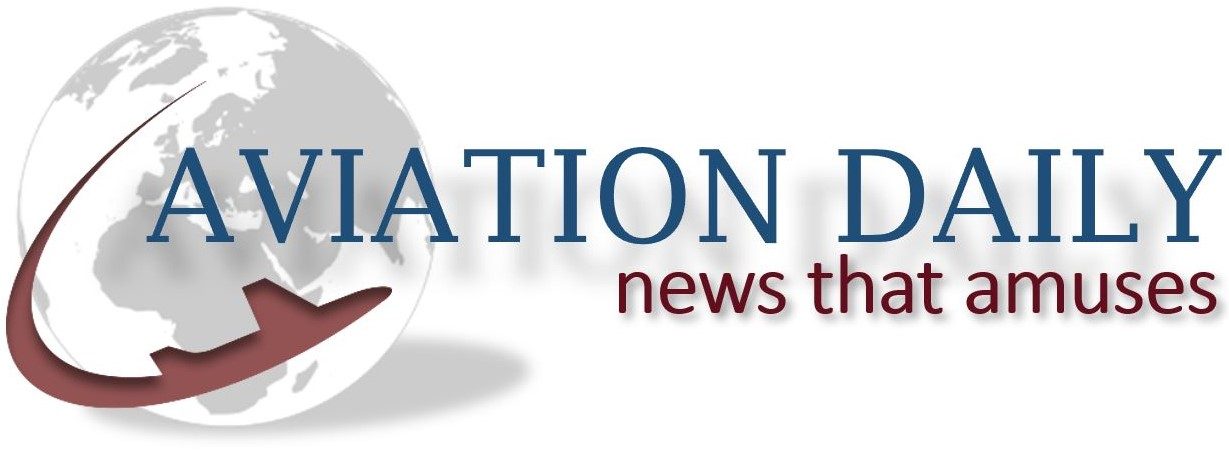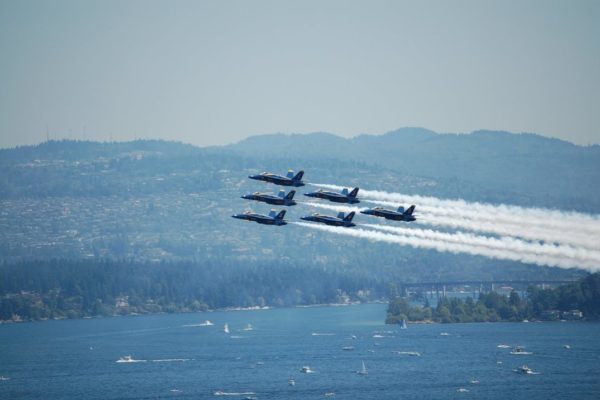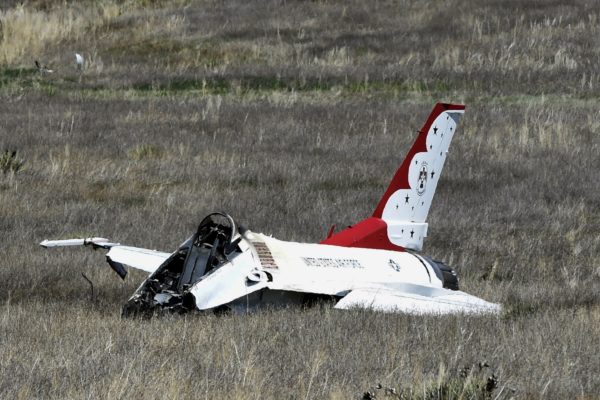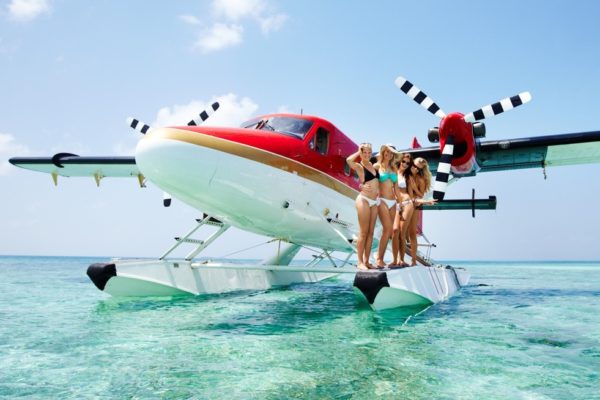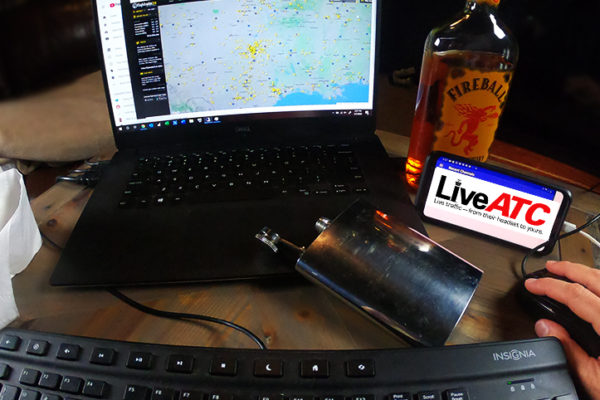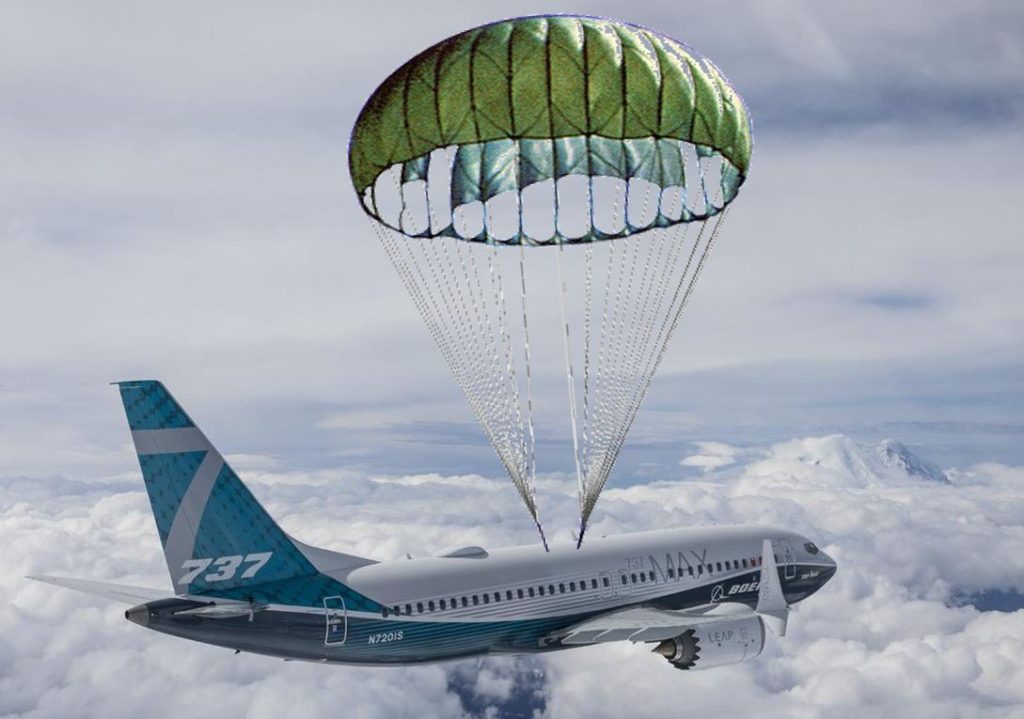
The uproar created by two fatal accidents just a few months apart in new Boeing 737 MAX8 airline jets makes us wonder if any aircraft manufacturer can continue to trust pilots to be a critical part of aircraft systems amid the growing levels of automation.
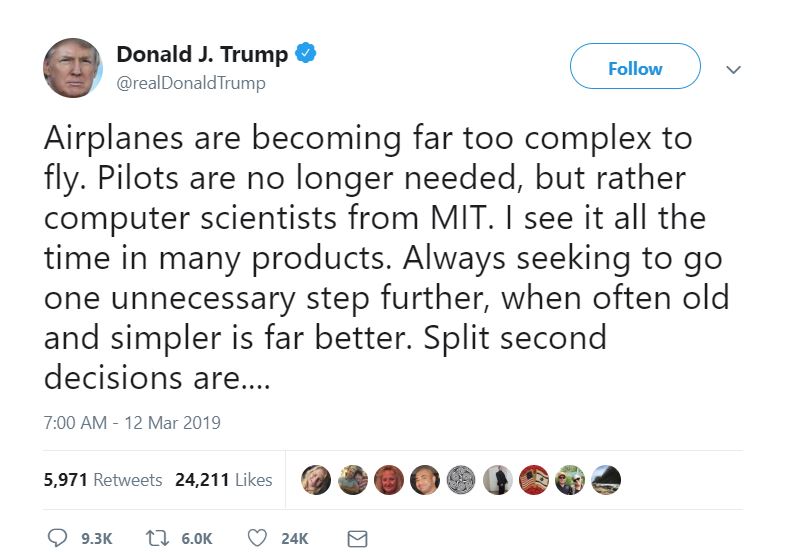
The President Tweeted; therefore, his opinion alone is reason enough to believe that pilots can’t be trusted.
The uproar that is being referred to comes from two reliable sources: The non-aviation media and the President of the United States. First, the President – a self professed expert on everything, just ask him he’ll tell you – has told us that airplanes are too complex for pilots.
The other uproar, which most of the public listens to and believes, is from the non-aviation media telling us these aircraft systems are new, radical, or untested. In reality, nearly all airplanes larger than a basic general aviation (GA) piston single uses some sort of technological enhancement to aid the pilot. Ever heard of the “stick shaker“? The stick shaker is not some auto-erotic self pleasure toy, it’s a a mechanical device to rapidly and noisily vibrate the control yoke (the “stick”) of an aircraft to warn the pilot of an imminent stall. Most GA pilots have never experienced a stick shaker, at least not in a plane.
As aviation technology advances trust in pilots decreases. Just look at any GA pilot flying the state of the art Cirrus. As any pilot knows who went through the Cirrus standardized training, autopilot is required for most phases of the flight and when something goes wrong the training tells them to stop flying and pull the Cirrus Airframe Parachute System (CAPS) to do what the pilot is not allowed to; safely return the plane and its passengers to the Earth.
